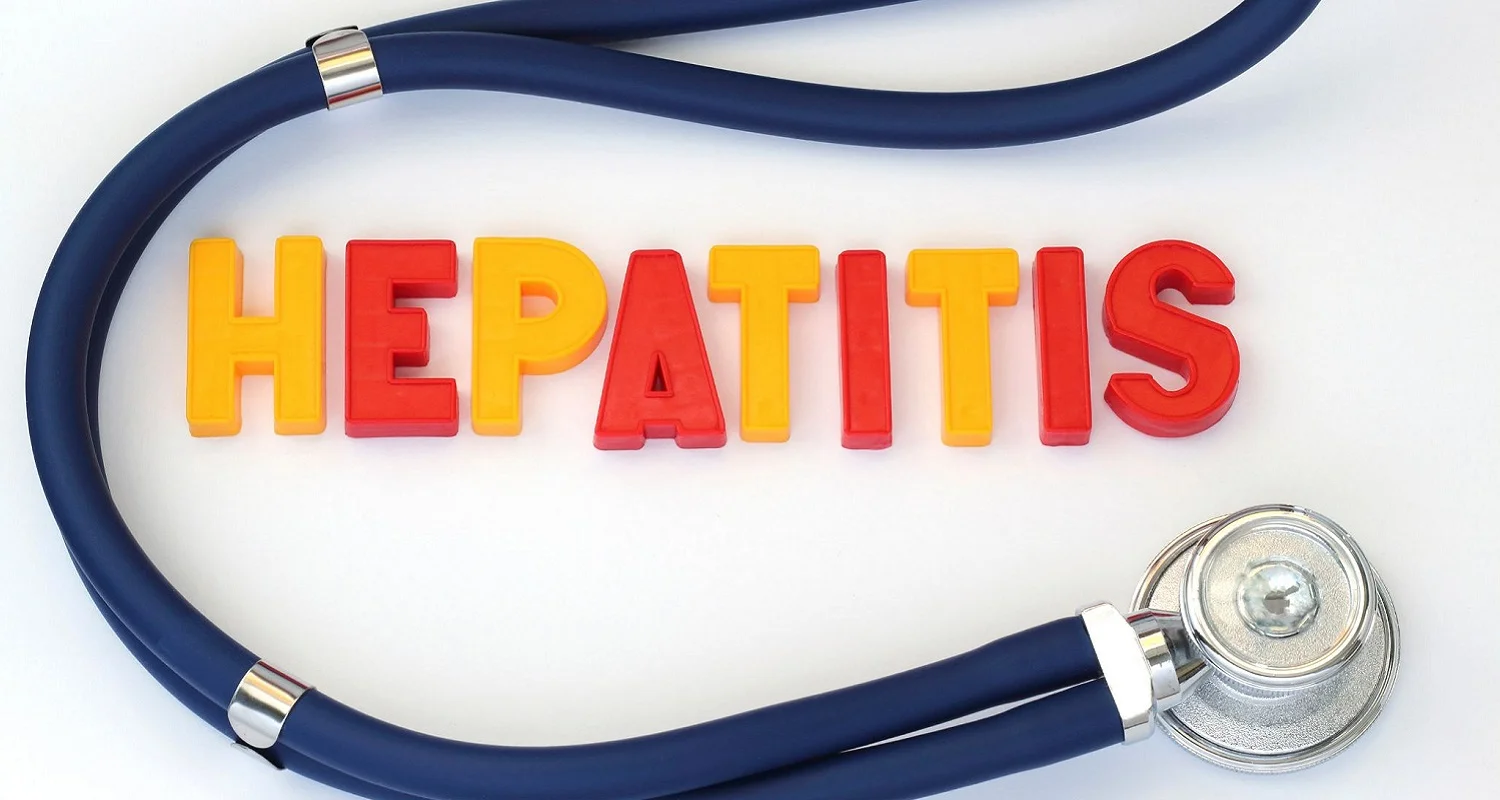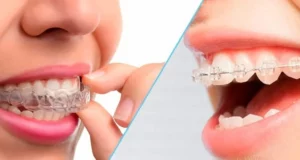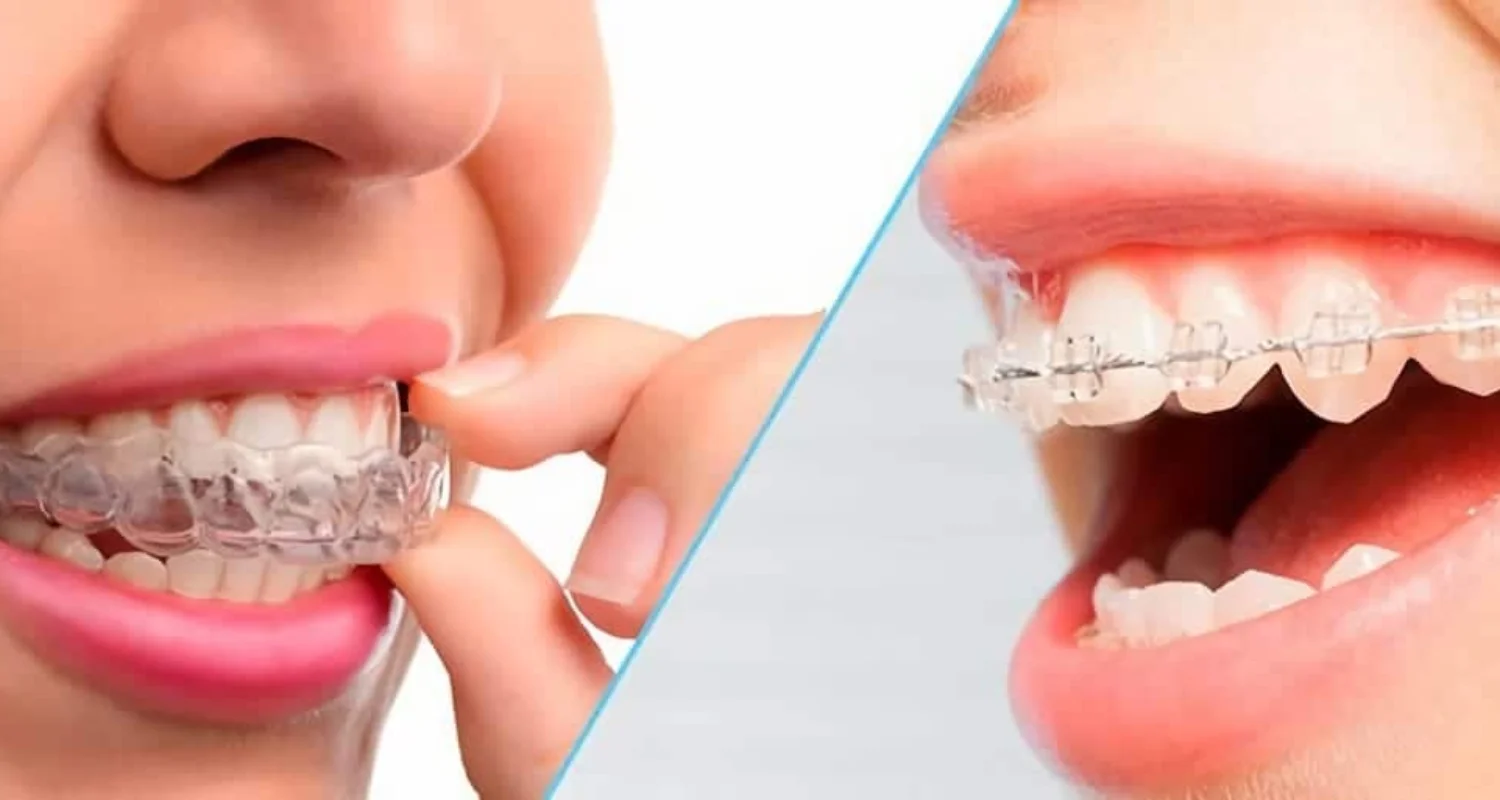Last Updated on: 12th June 2024, 07:56 am
✓ Fact Checked 🕓
❙ Our team of writers, editors, and medical experts rigorously evaluates each article to ensure the information is accurate and exclusively cites reputable sources.
❙ We regularly assess how the content in this article aligns with current scientific literature and expert recommendations in order to provide the most up-to-date research.
Hepatitis and Oral Health: A Complete Guide
Hepatitis is a disease that mainly affects the liver and has multiple repercussions on general health, in addition to being the cause of most cases of liver cancer and liver cirrhosis. Although many people are unaware of it, hepatitis can also have effects on oral health.
Here, you will learn about the relationship between hepatitis and oral health, with essential information for those who suffer from this disease and for those who want to better understand its scope.
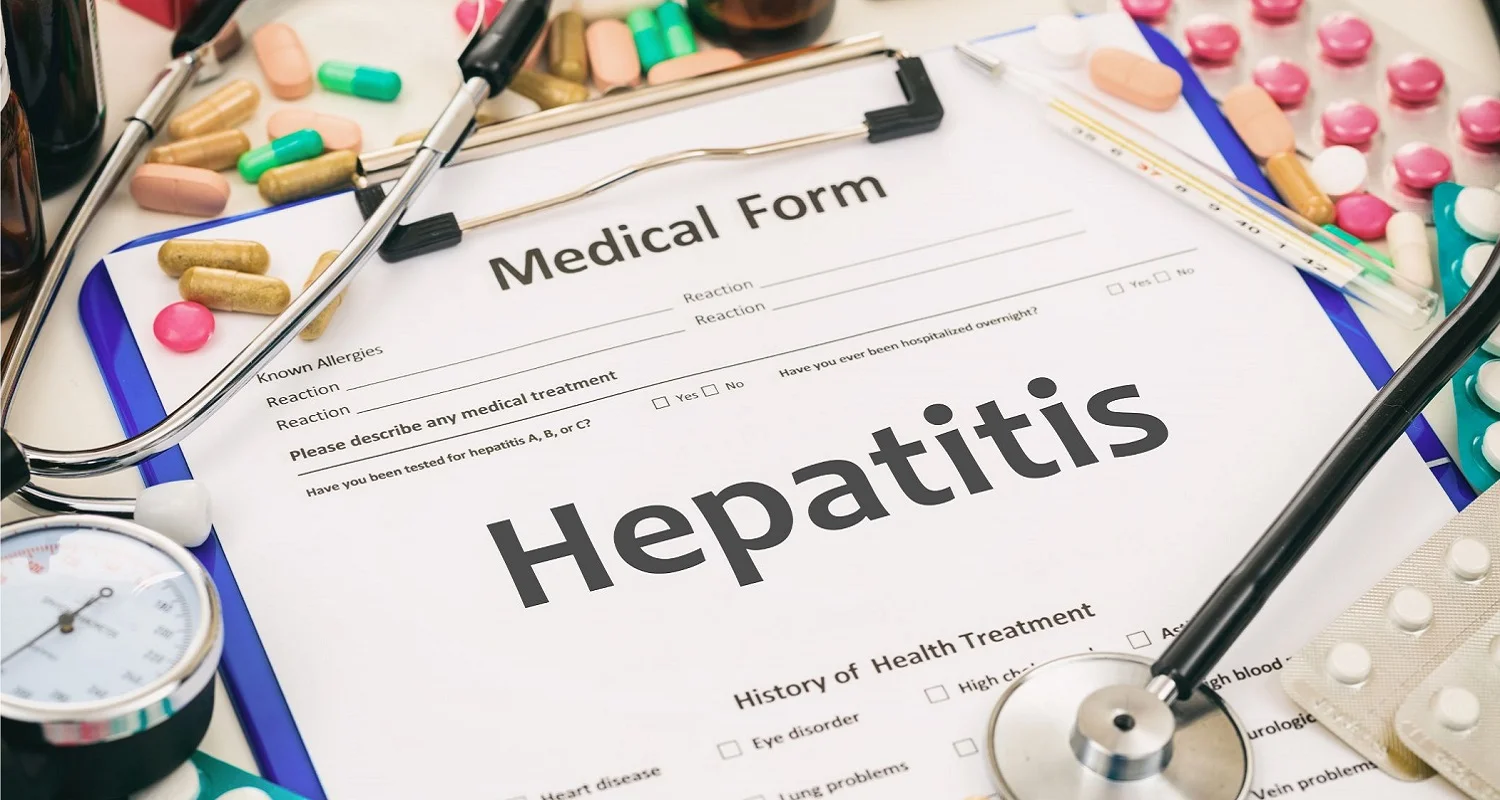
What is Hepatitis?
Here we present 6 key facts you should know about hepatitis:
1. Hepatitis is an inflammatory disease of the liver, which can be caused by infectious and non-infectious agents.
2. 5 strains of viral hepatitis have been recognized (A, B, C, D, and E), which differ in their mode of transmission, severity, and prevention.
3. In the population, the most common types of hepatitis are hepatitis A, hepatitis B, and hepatitis C.
4. The WHO estimates that more than 350 million people in the world live with hepatitis.
5. The severity of this condition can range from a mild illness to a serious condition that may require a liver transplant.
6. Hepatitis can cause chronic conditions in millions of people, causing liver cirrhosis, liver cancer, and even death.
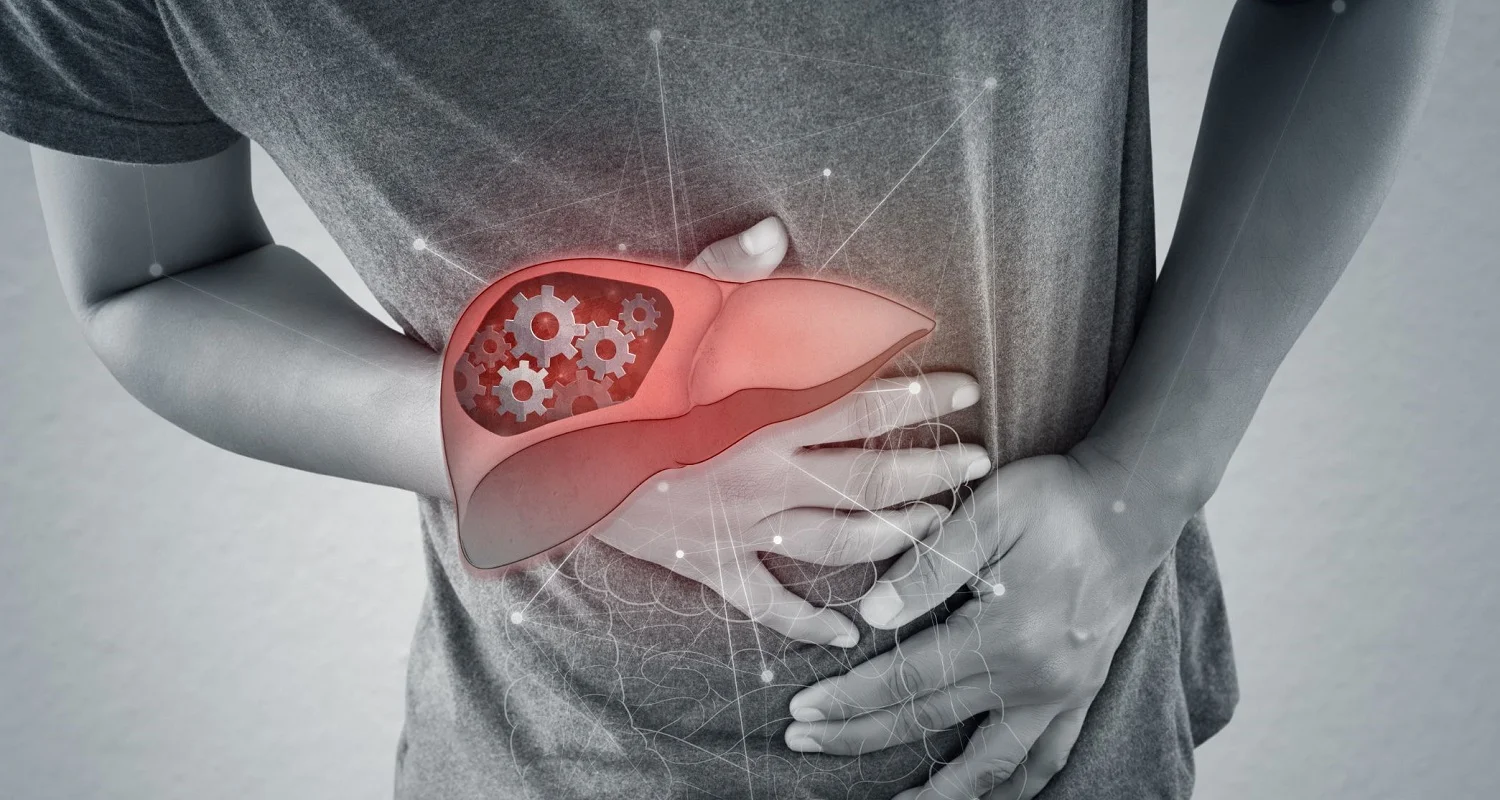
The Role of the Dentist in the Care of Patients with Hepatitis
The dentist actively contributes to the health of the patient with hepatitis in several aspects:
• Periodic consultations: Perform regular oral evaluations to identify early dental problems.
• Oral hygiene advice: Offers specific guidelines for maintaining optimal oral hygiene.
• Monitoring side effects: Monitor the side effects of antiviral medications that could affect oral health.
• Treatment of dental problems: Addresses conditions such as gingivitis, periodontitis, and cavities proactively.
• Interdisciplinary coordination: Works closely with the physician to ensure a comprehensive approach to the patient’s health.
•Patient Education: Informs the patient about the relationship between hepatitis and oral health, empowering them for self-care.
Vaccination Against Hepatitis in Dental Personnel
Hepatitis of viral origin represents the main infectious risk for dental personnel. The dentist and his work team are constantly exposed to contact with fluids such as blood and saliva, through which the virus can be transmitted.
Therefore, vaccination against hepatitis in dental personnel is a fundamental measure to guarantee the safety of both professionals and patients, thus preventing infection and its possible consequences.
Currently, the vaccination regimen for dental personnel includes the hepatitis B vaccine. However, it is important that in addition to having full doses of the vaccine, tests are performed to evaluate whether the body is producing enough defenses to combat an infection. possible infection by this virus.

Oral Manifestations of Hepatitis
People with hepatitis may present different manifestations or noticeable signs in the oral cavity, which may be caused by the disease itself or by the medications used for its treatment.
Among the most frequent oral manifestations you, can find:
Oral lichen planus
Definition: It is a small bump that appears on the mucosa of the mouth, in places such as the cheeks, tongue, and gums, occasionally They can cause pain or discomfort.
Relationship with hepatitis: In patients with hepatitis, these conditions tend to be more common and severe due to a weakening of the immune system. If you want to know more about oral lichen planus, you can check out another article here.
Sjögren’s Syndrome
Definition: A syndrome that decreases saliva production by affecting the salivary glands, which can cause dry mouth, burning, and difficulty swallowing, in addition to increasing the risk of suffering from cavities or periodontal disease. Click here to find out more about this syndrome.
Relationship with hepatitis: In patients with hepatitis, this condition may worsen due to its influence on the immune system.
Sialadenitis
Definition: This is an inflammation of the salivary glands, which can cause swelling and pain in the jaw and under the ears.
Relationship with hepatitis: This can be common in patients with hepatitis, who, as a consequence, could present difficulties in saliva production.
Coagulation alterations
Definition: Deficiency of some blood components can cause coagulation disorders.
Relationship with hepatitis: The liver produces substances that help clotting, so that in hepatitis, petechiae or excessive bleeding may appear in the absence of injuries or inflammation.
Given the oral manifestation of these signs in the oral cavity, in patients with or without a diagnosis of hepatitis, a dentist should be consulted, since these may indicate oral or general health problems.
Adequate oral care is essential to maintain the oral health of patients with hepatitis and reduce the possibility of presenting the aforementioned manifestations. In addition, it is necessary to take into account the relationship between hepatitis and oral health to achieve adequate management of the condition.
Dental Procedures and Hepatitis Risk
Because dental procedures involve contact with bodily fluids, several preventive measures are taken in dental offices against this infection. Therefore, the risk of contracting hepatitis during a visit to the dentist is very low. Among the precautions taken during dental care are:
• Disinfection and sterilization of the equipment and instruments used.
• Vaccination of the dentist and auxiliary personnel.
• The use of barrier devices such as gloves, masks, or protective glasses to avoid direct contact with fluids.
Conclusion
• Patients with hepatitis may present oral manifestations of the disease, so the dentist must take this condition into account when performing treatment.
• Infection control measures and widespread vaccination make the risk of contracting hepatitis during a dental visit very low.
• The dentist plays an essential role in the comprehensive care of patients with hepatitis, contributing to their general well-being and oral health.
Frequently Asked Questions
How does hepatitis influence dental procedures?
Liver conditions can decrease the body’s ability to create blood clots, which is essential for managing bleeding after invasive interventions. Additionally, hepatitis can change how the body processes certain medications. It is essential to consult your doctor before carrying out any dental intervention
Is it possible for a dentist with hepatitis to practice his profession?
A dentist carrying HBV has the potential to transmit the infection to his patients. However, there are recommended measures so the dental professional can continue his work, while at the same time guaranteeing maximum safety for the patient.
How does hepatitis impact oral health?
Hepatitis has repercussions on the health of the teeth. Individuals with hepatitis B and C have a greater tendency to develop cavities, changes in taste perception, mouth sores, decreased saliva production, and problems with dentures.
Is it possible to transmit hepatitis through the mouth?
The chance of getting hepatitis from kissing someone who is infected is low. However, intense kissing with considerable exchange of saliva can carry a risk of HBV transmission, especially if there are cuts or lesions in the mouth of the carrier.
Share:
References
1. Liver disease & liver problems. (s/f). WebMD. https://www.webmd.com/hepatitis/liver-and-hepatic-diseases
2. Starting new research finds poor oral health can make you more likely to develop liver cancer. (s/f). Oral Health Foundation. https://www.dentalhealth.org/news/startling-new-research-finds-poor-oral-health-can-make-you-more-likely-to-develop-liver-cancer
3. Setia, S., Gambhir, R. S., & Kapoor, V. (2013). Hepatitis B and C infection: Clinical implications in dental practice. European Journal of General Dentistry, 2(01), 13-19.
4. Macpherson, I., Brennan, P. N., & Dillon, J. F. (2022). Hepatitis B, hepatitis C, and liver disease: a review for the dental practitioner. Dental Update, 49(1), 26-30.
5. Hepatitis. (s/f). Who. int. https://www.who.int/health-topics/hepatitis
6. Hepatitis C. (s/f). Who. int. https://www.who.int/es/news-room/fact-sheets/detail/hepatitis-c
7. Hepatitis Viruses. (s/f). Ada.org. https://www.ada.org/en/resources/research/science-and-research-institute/oral-health-topics/hepatitis-viruses
8. Lutwick, L. I. (s/f). The prevention of hepatitis B transmission in dental practice. Aapd.org. https://www.aapd.org/globalassets/media/publications/archives/lutwick-04-04.pdf


